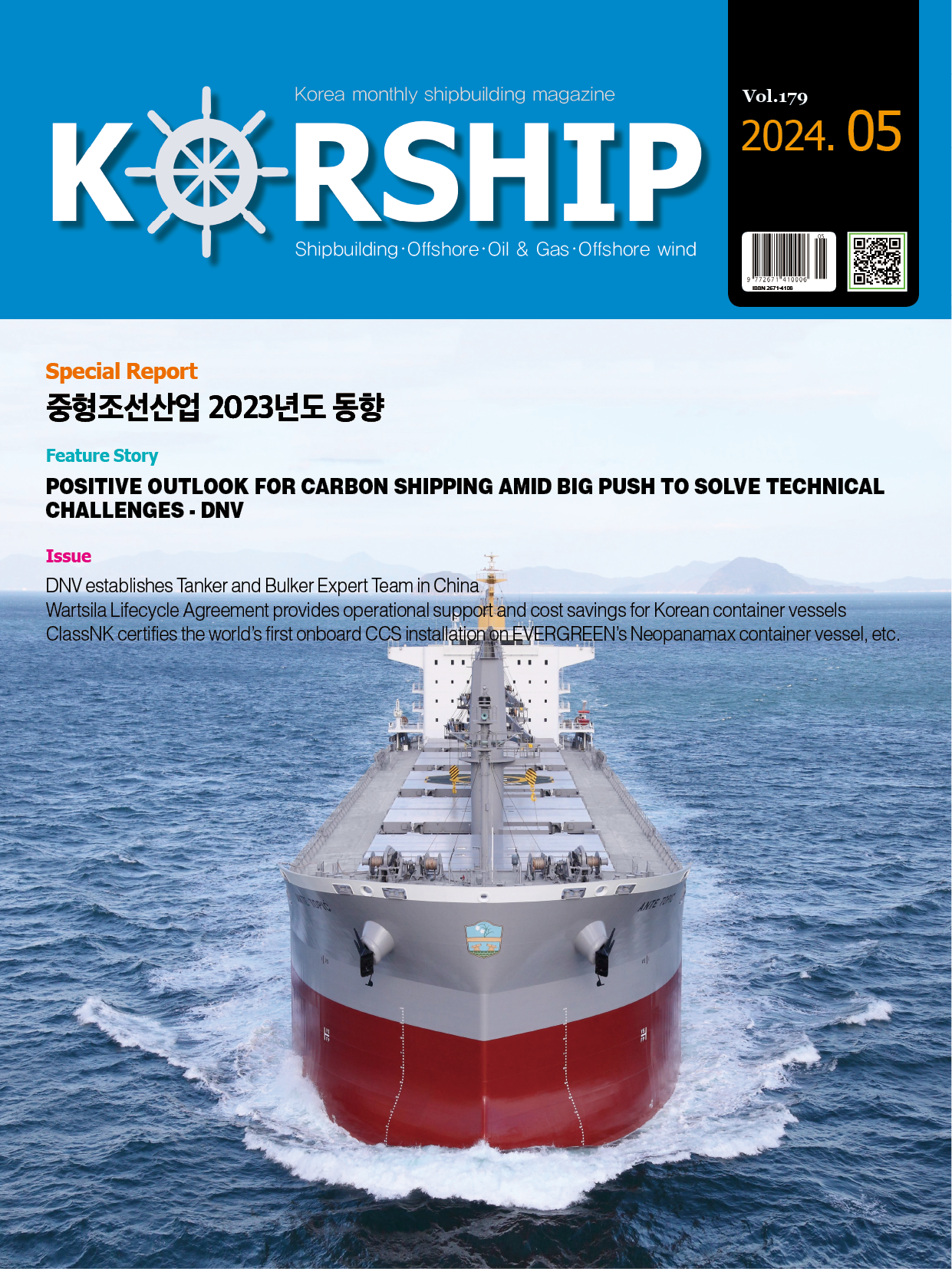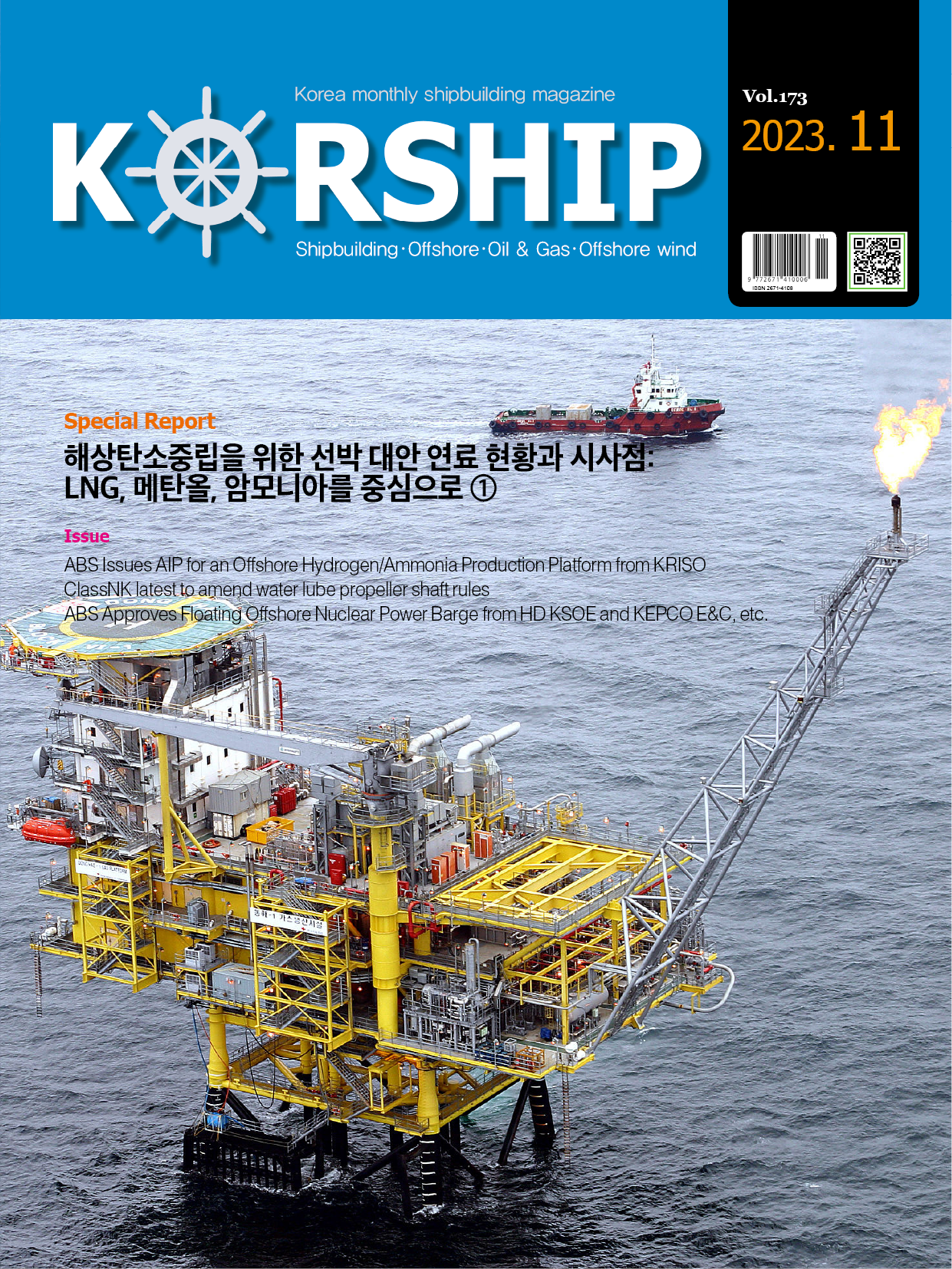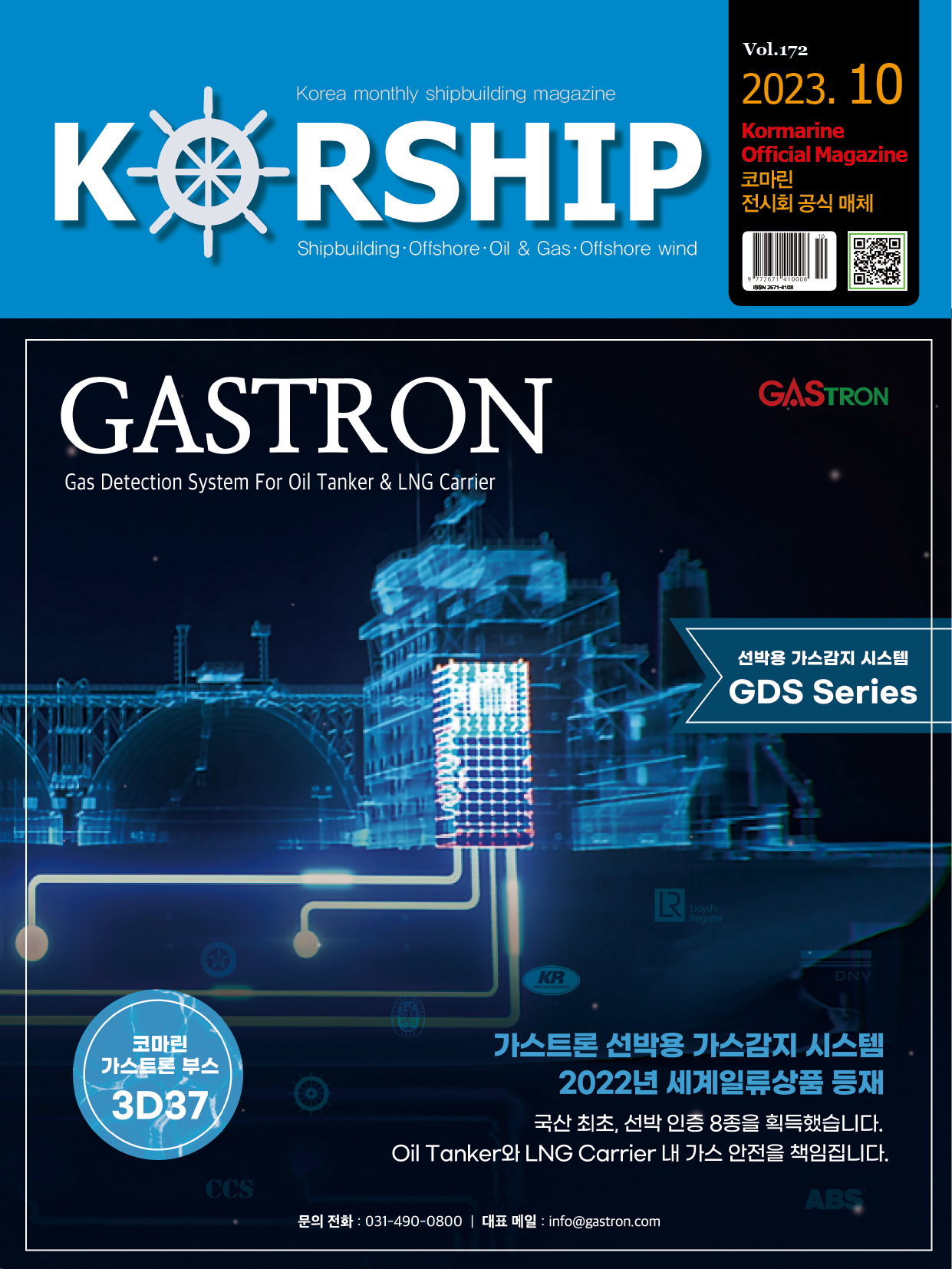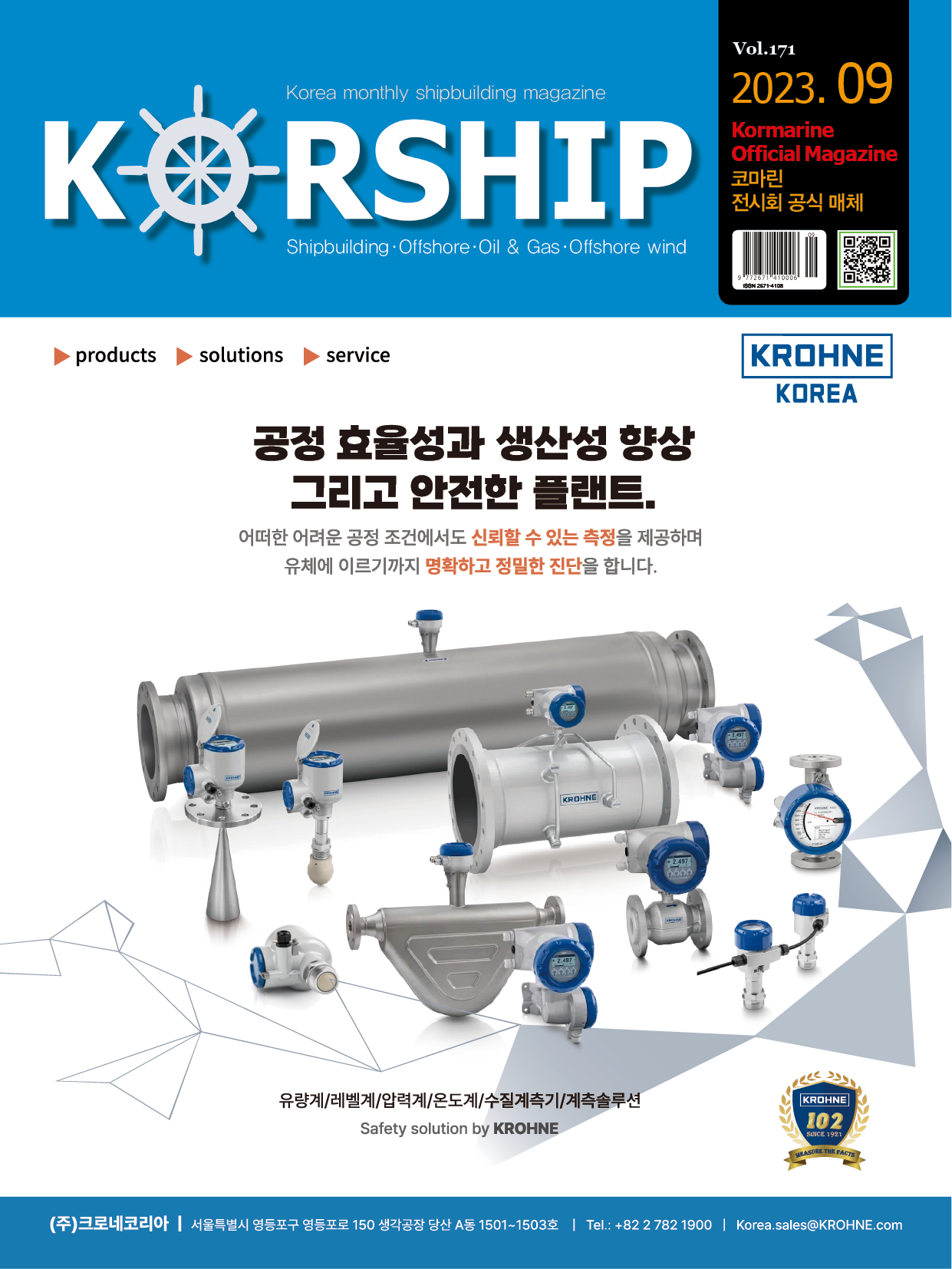Feature Story Compliance imperatives as Ballast Water Management Convention takes fu…
페이지 정보
작성자 최고관리자 댓글 0건 조회 408회 작성일 23-09-15 12:33본문
Dr Efi Tsolaki, Chief Scientific Officer at ERMA FIRST, discusses the importance of training, after-sales support and proactive maintenance in achieving continuous compliance under the forthcoming implementation of D2 standard requirements for ballast water management.
With increasing visibility into the supply chain, consumers are taking an ever-greater interest in how the goods they order are transported from the warehouse to their door – specifically, they want insight into the carbon footprint of the transport methods used.
Consumer demand is already influencing how shipping companies operate having emerged as a driver of emissions-reduction strategies. So far, however, the average consumer knows little about the impact of ballast water discharges on marine ecosystems. If they did, suggests Dr Efi Tsolaki, Chief Scientific Officer at leading sustainable maritime solutions provider ERMA FIRST, “they may think twice before ordering products internationally, and this would force shipping companies into action.”
In the absence of consumer consciousness, the external pressures to drive responsible ballast water management have been slow acting. While the International Maritime Organization’s(IMO) Ballast Water Management(BWM) Convention was initially agreed in 2004, meeting its ‘D2’ standard limitation on viable organisms permitted in ballast water discharged from ships only becomes a requirement from 8 September 2024.
Nevertheless, conforming with the D2 standard will rely on the implementation of an effective ballast water treatment system, and many of the BWTS installed across the global fleet over the last 20 years will fail to meet the fast-approaching standard. Upgrades and replacements will be necessary.
But maintaining compliance will demand more than having an effective system in place, Dr Tsolaki explains.
“It’s not just about installing the right system; you have to ensure it remains compliant throughout the vessel lifecycle,” she says. “The D2 standard applies to every drop of ballast water discharged, and to ensure that each drop is compliant, the BWTS must be operating under normal conditions at all times. Before Port State Control and other authorities begin to enforce the regulation, ship owners should study their BWTS and ensure their crew know exactly how it works and how to keep it healthy.”
ERMA FIRST’s leading ballast water treatment system, the ERMA FIRST FIT BWTS, uses electrochlorination to disinfect ballast water. When developing the product, Dr Tsolaki says, the company found electrochlorination to be a more efficient alternative to ultraviolet sterilisation, which, although a valid means of ballast water treatment, typically involves an additional disinfection stage during discharge, resulting in higher energy demands.
To help users familiarise themselves with its BWTS, ERMA FIRST is offering a range of specialised training solutions. These include a computerised system that simulates ballasting and discharge scenarios; hands-on training using an operational BWTS on land; interactive digital courses on BWTS operation through the ERMA FIRST e-Learning platform including compliance with the BWM Convention; and advanced courses at its training centres in Greece and the Philippines.
The company has also developed through-life support for its BWTS, in a key strategy to ensure continuous compliance. Its ‘FIT and Care’ after-sales services include round-the-clock support and troubleshooting, commissioning testing, maintenance and annual calibration.
“Our after-sales service approach is the opposite of ‘fit and forget’,” remarks Dr Tsolaki. “Through our worldwide network of certified engineers, we provide servicing and technical guidance until the day the ship is scrapped.”
Enriching ERMA FIRST’s after-sales capabilities is an artificial-intelligence feature powered by maritime technology provider METIS Cyberspace Technology. As the first example of AI functionality being embedded in a BWTS, the ‘Smart BWTS’ feature provides continuous monitoring and advanced data analytics, with users receiving valuable insights, customised reports and real-time alerts about critical events. This facilitates a shift towards proactive maintenance, ensuring the system remains functional and compliant while reducing operational and maintenance costs and minimising human error.
ERMA FIRST’s offering in the ballast water management domain also benefits from the company’s membership to BEMA – Ballast Water Equipment Manufacturers’ Association – at which Dr Tsolaki has previously served as both president and vice-president.
BEMA is a non-governmental organisation that represents BWTS manufacturers on the international stage and provides guidance to industry stakeholders, including regulators and ship owners, on the function, design and performance of BWTS. As a BEMA Charter Member, ERMA FIRST participates in relevant global working groups and fora and contributes to the development and implementation of ballast water treatment regulations.
“We contribute by sharing our extensive knowledge and experience of producing, installing, and maintaining ballast water systems and the certification process to enhance cooperation between all Convention stakeholders, and to help them successfully navigate the journey towards compliance and implementation of the Convention in every possible way,” Dr Tsolaki concludes.
■ Contact: ERMA FIRST www.ermafirst.com









